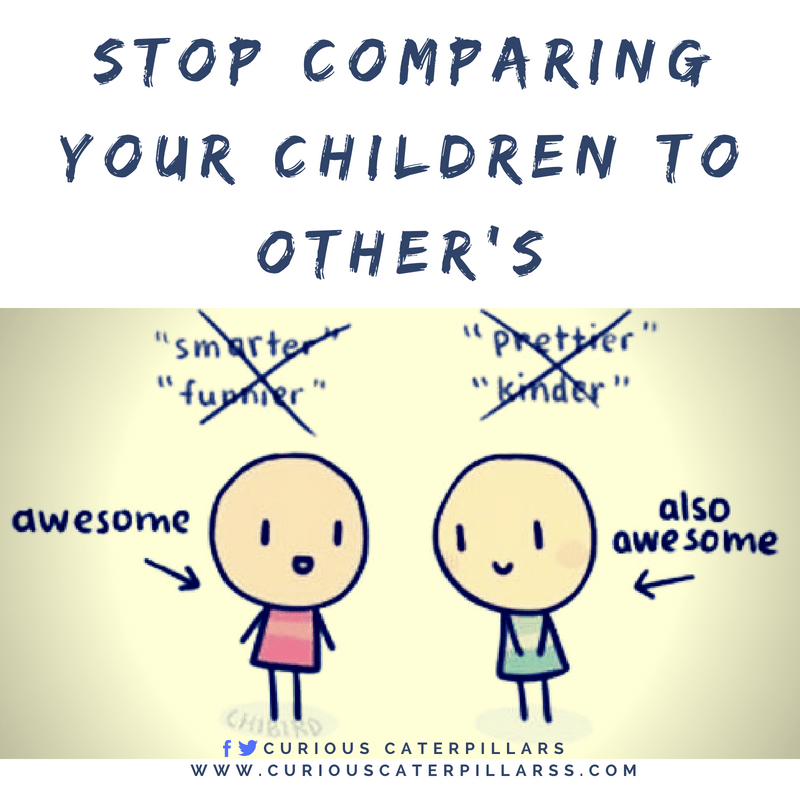Parenting needs to be a vigilant process, as it involves plethora of emotions…some good and some not so good. And it is not surprising when parents, in a fit of rage, mutter mean things. You know you never wanted to say it but at that moment, you just gave in to your weakness.
I am not advocating ‘Be Nice, Always’ or Permissive parenting. That would be humanly impossible. But there are times when we should really bite our tongue, in order to eventually raise our kids to be happy and successful.
Raising children sometimes seem frustrating, daunting and tiring job with no offs. You are bound to feel overwhelmed in the process. Don’t hold yourself guilty of that. Children must be taught their boundaries. They must also witness the human behind the parent.
You don’t have to be all sweet when you are seething from inside. I know firsthand how parents feel exasperated when children don’t pay heed to them.
I am guilty of being sharp tongued with my son at times. And I am not going to change it. But what I have changed is the choice of my words and phrases.
Instead of delivering a cold, chilling statement (which I regret later) I choose my words with caution and care. It takes some practice but is certainly possible.
Things you should NEVER say to your child
and what to say instead…
1. You can never do it: I know all kids have this one thing which they always do wrong. Irrespective of the number of reminders, they go ahead and make the same mistake, again and again. That’s when you get tempted to say this mean thing to them.
My advice? Don’t! I know it is immensely frustrating but you don’t want to undermine your child’s self worth. Instead, say ‘Be careful! You tend to make a mistake here.’ Or ‘Allow me to help you.’.

That is last thing you want for your child!
Try saying ‘I know you are sad. Can I offer you a hug?’ or simply “I am with you.”
3. Stop being such a Sissy: I often made this statement to encourage my child 
I got my message. So now I rephrase myself and say ‘Come, let’s try this. I’ll help you’ or ‘I won’t let you get hurt.’
4. I am so fat: This is particularly for parents of girls. Girls, from a very young age, start setting standards for their body and appearance. When a child hears her parents saying ‘I am fat’ it does not send a body positive message.
More and more young children are falling prey to unrealistic body images propagated by media. They don’t need to see it at home. So refrain from using the word fat and replace it with ‘ I am not so fit’.
5. Look at your friend:Never compare your child to his friends or siblings. If you appreciate a particular habit of your child’s friend, highlight it in a positive way.

Compliment his friend ‘Wow! That’s so good. Even we should try it.’ The last part of the compliment delivers the message to your child while keeping comparison at bay.
6. You are so smart: Appreciate effort and not the result. Saying ‘You are so smart’ sends out a wrong message. Children who are complimented to be smart, shy away from trying new challenges.
They are afraid when they are not so smart at a new skill. Hence, they try to ditch it. Children who are praised for their effort, on the contrary, understand that they can get better with practice. Thus, there is no pressure of performance on them.
7. I am not Crying:If you want your child to accept his emotions, you must 
So instead of denying your tears confess them and say ‘Yes, I am crying.’ Or ‘I am feeling sad’.
8.You should not feel that way: Humans are emotional creatures. We all experience a range of emotions. Experiencing an emotion is not necessarily in our control. However, how we act on that emotion is very much in our control.
When your child feels jealous or unhappy, don’t rubbish his emotion. Do not say ‘You should not feel like that’. Rather try to determine the reason behind the emotion and say ‘It is OK to feel like that. What is more important, however, that you don’t act on it’.
9. You should always listen to adults:You and me were taught exactly this when we were growing up. But time has changed. With child abuse on rise, you cannot afford this statement.
Pedophiles often say the same thing to children. Thus, reinforcing what their parents have taught them. Teach your child ‘You should always listen to your parents’. This is much safer.
10. I am disappointed in You: Most often these words are said when you are really angry and disappointed. It is obvious that your child did something very naughty. What is also obvious that you are hurt and so is your child.
Using harsh words like this in such situations can really dampen a child’s spirit. You should never utter such painful words. Share your disappointment in a more positive way by saying ‘ I think you can do better’.
Little effort from parents does wonders for the children. It helps them grow into happy and confident humans. Such children are more open to express their emotions and hence, are safeguarded to any anxiety going forward.
ALSO READ:
30 Ways to be a more Fun, Playful Parent
Nurturing Children for a Happy and Equitable Society
10 things I would not do for my Child